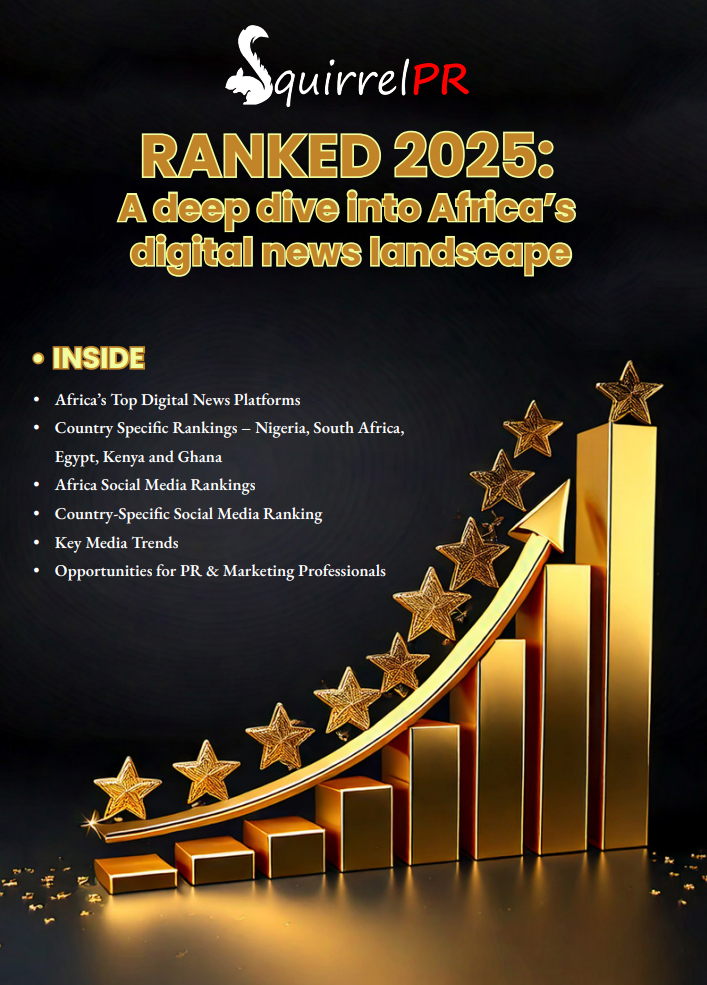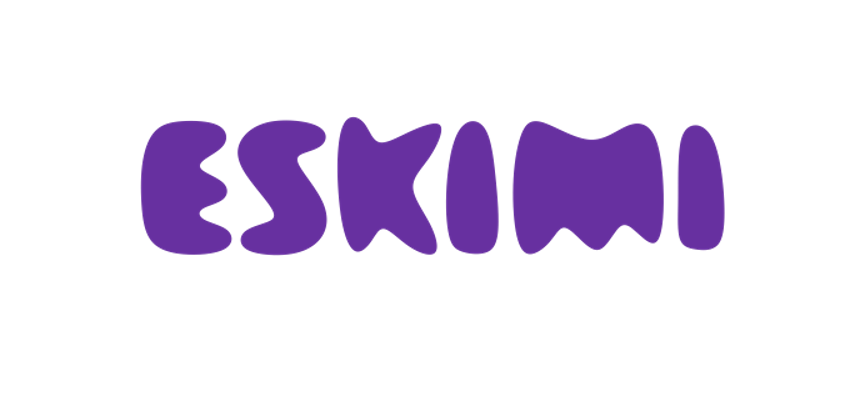A new survey reveals a large gap between senior PR professionals’ top skills and what recruiters seek. Recruiters rank research, evaluation and measurement skills as one of the top five most desirable skills, according to the UK’s Chartered Institute of Public Relations (CIPR) 2019 State of the Profession Survey in the UK. Seventy percent of recruiters call research, evaluation and measurement a valuable specialist knowledge, more than any other skill.
Yet it doesn’t rank among the perceived strongest skills of PR pros. Only 15% of those surveyed cite it as a common activity – 12th on the list. Copywriting and editing is the most common task, cited by 57% as a common activity.
The survey also shows a skills gap in other areas. For senior level PR pros, recruiters place a high value on corporate governance as well as people management.
Although it’s a UK survey, it shows clear parallels with US communications. Traditionally, PR measurement and evaluation has been more advanced in the UK than in the US, suggesting there may be an even greater gap in the U.S.
Analytics skills are increasingly important to measure PR campaigns and demonstrate PR’s contribution to the corporate business goals. In a previous survey by the Global Communications Report from USC Annenberg Center for Public Relations, almost two-thirds of PR executives said analytics is a required skill for PR pros. Two-thirds of agency executives and over half (54%) of in-house PR executives say measurement is very or extremely important as a growth driver. However, PR teams face a growing shortage of employees with data analytics skills, executives warn. Many entry-level PR professionals have not taken a probability and statistics course in college and have little understanding of media evaluation and analysis.
PR Measurement Skills Help Boost Careers
Because of that skills gap, PR professionals with measurement and data analysis skills will be able to win higher salaries. Many communications leaders say both entry-level and experienced PR pros with data analytics skills will be better able to get ahead.
Data analytics is now almost as important as traditional skills of writing and interpersonal communications, many say. PR agencies and corporate communications departments now expect staff members to measure PR results with multiple metrics and demonstrate how PR contributes to business objectives like increased sales and improved return on investment. Understanding Google Analytics, analytics features of social media platforms, and leading media measurement services has become essential. College-level or online continuing education courses on statistics and data analytics can help advance careers.
Measurement Can Improve PR’s Image
According to CIPR survey participants, the top challenges facing PR are: the changing social and digital landscape, under-representation of PR at the board level, and not being seen as a professional discipline. Many PR leaders say improved measurement practices can improve PR’s image and help win a seat in the executive suite. “This is the most important thing facing our sector for a number of reasons,” Jon Meakin, Grayling global head of strategic service, told PRWeek. “There is still that legacy of us being the less serious discipline when it comes to measurement and evaluation. Even though this is changing, there is still a legacy shadow we must come out of. It’s really important that we talk about measurement and evaluation, we shout about it and let clients know this is something we are taking seriously.”
Bottom Line: Although recruiters deem measurement and evaluation one of the most desirable skills for PR executives, most PR pros admit that data analysis is not among their strengths. Those with PR measurement acumen will gain a career advantage. In addition, PR measurement skills will help PR gain greater respect and influence in the corporate executive suite.
Source: Glean.Info






Comment
No comments found.